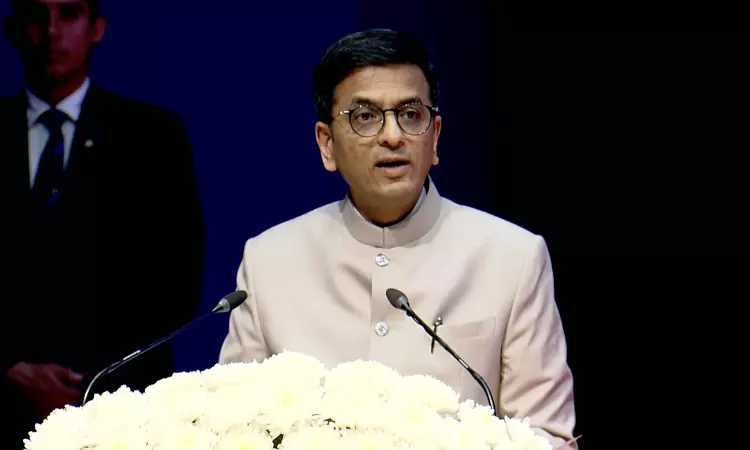CJI DY Chandrachud Stresses Need To Rethink Long Court Vacations, Says Adjournment Culture Must Change
Awstika Das
28 Jan 2024 2:25 PM IST

Next Story
28 Jan 2024 2:25 PM IST
On the occasion of the seventy-fifth year of the Supreme Court of India, Chief Justice of India DY Chandrachud on Sunday (January 28) stressed the pressing need to begin the 'difficult conversation' on long court vacations, proposing the exploration of alternatives such as flexi-time for lawyers and judges. He stressed the need to initiate a discussion with the bar on this aspect.The...
